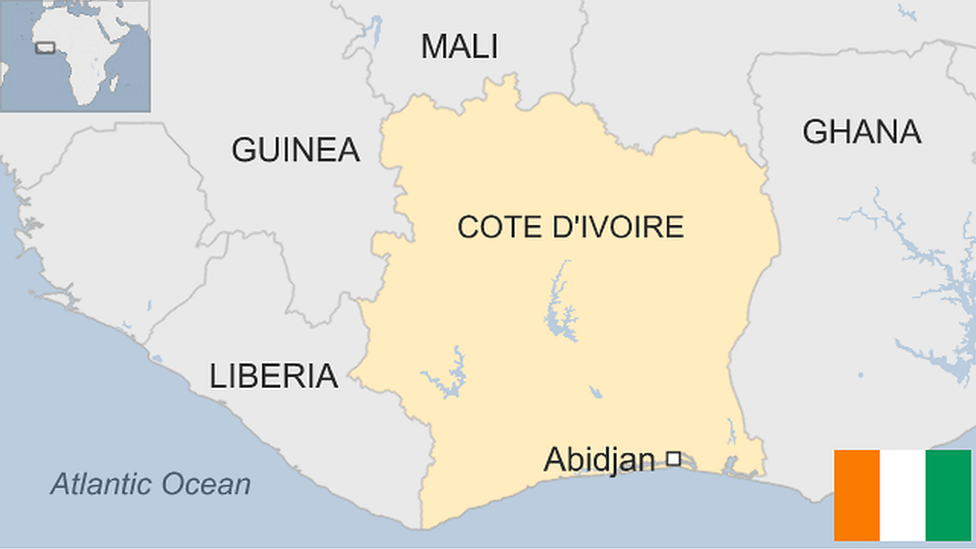Rumours of a military coup in Côte d’Ivoire were laid to rest on Wednesday as President Alassane Ouattara appeared in public, presiding over a council of ministers meeting at the presidential palace in Abidjan.
The Ivorian presidency released a statement alongside photographs showing the president in session with cabinet members, reaffirming the country’s stability amid swirling online misinformation. The move came after a wave of unverified claims circulated across social media, suggesting a coup had taken place and that the president had either been captured, killed, or had fled the country.
While the high-level government meeting focused on national development issues, including the diversification of electricity sources and housing provision, attention quickly shifted online as hashtags and posts about a supposed coup gained momentum.
On the platform X (formerly Twitter), some users alleged that military forces had taken control, with one post claiming President Ouattara may have been killed. These claims were echoed on Facebook, TikTok, and even fringe corners of mainstream platforms. As of Wednesday, Facebook metrics showed nearly 9,700 users had engaged in conversations relating to the alleged coup.
Some reports also claimed that Chief of Army Staff Lassina Doumbia had died and that gunfire had erupted in key areas of the capital. These allegations, however, were promptly dismissed by journalists and sources within the country.
“There is no coup in Côte d’Ivoire. The country is stable,” said Christelle Kouamé, a journalist based in Abidjan. Kouamé, a respected member of the National Union of Journalists of Côte d’Ivoire and a member of the Organisation of Investigative Journalists, added, “The president was also recently present at the Africa CEO Forum just last week. And today, he chaired a cabinet meeting.”
She also debunked speculation of an internet shutdown, stating, “People do what they want with the internet. But it is thanks to the internet that I speak to you.”
Despite these reassurances, tensions were high throughout the day. Unverified footage and images purportedly showing clashes in Abidjan circulated widely, with some claiming that at least 33 people had died in unrest between May 19 and May 20. However, these figures could not be independently verified, and official sources remained silent on the matter.
Amid the confusion, fact-checkers flagged several of the viral videos as misleading, and no major Ivorian or international news outlet had confirmed a coup at the time of filing this report.
However, the Ivorian embassy in Abuja had yet to comment as of time of filling this report.
Côte d’Ivoire, a major cocoa producer and one of West Africa’s economic powerhouses, has seen its share of political turmoil in the past, including a 1999 coup and deadly post-election violence between 2010 and 2011. More recently, a 2017 military mutiny tested the country’s democratic institutions.
Read also: INEC unveils AI department to advance voting process
However, in recent years, the country has experienced relative stability and significant economic progress. On May 14, Africa Global Logistics announced a €60 million investment in logistics infrastructure, underscoring growing investor confidence.
With presidential elections slated for October 2025 and the African Development Bank’s annual meetings approaching next week in Abidjan, the timing of the false coup reports has raised concerns over the misuse of digital platforms to destabilize fragile democracies.
The West African region has, in recent years, witnessed a spate of military takeovers in countries like Mali, Burkina Faso, Guinea, and Niger. These events have heightened fears and created fertile ground for misinformation to spread, particularly in countries facing political challenges.
For now, however, President Ouattara’s reappearance and the functioning of his government seem to have restored calm. Authorities have yet to issue a full statement addressing the rumours, but the visual evidence of the president at work speaks volumes.









